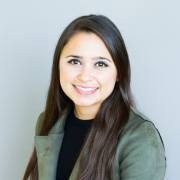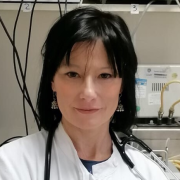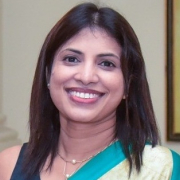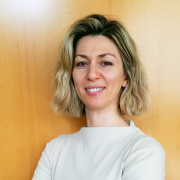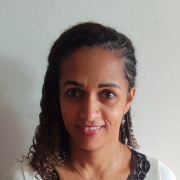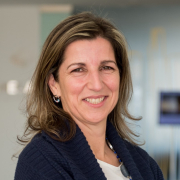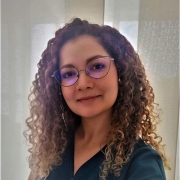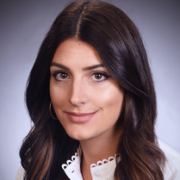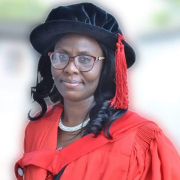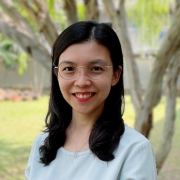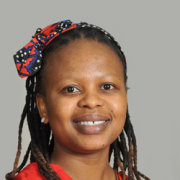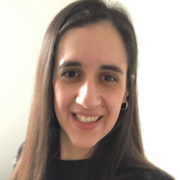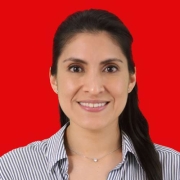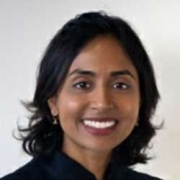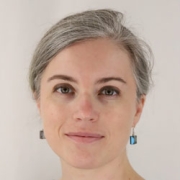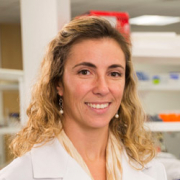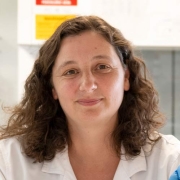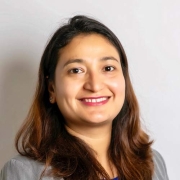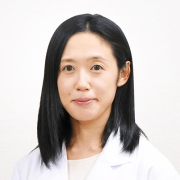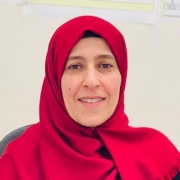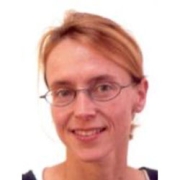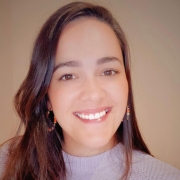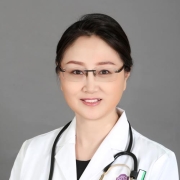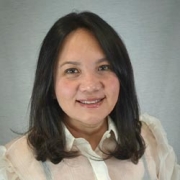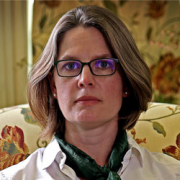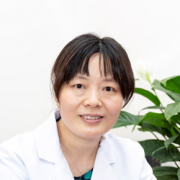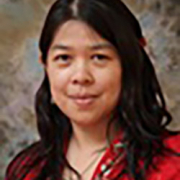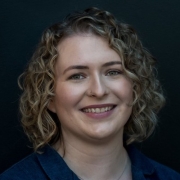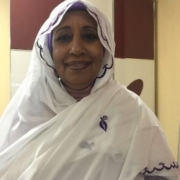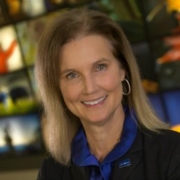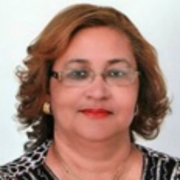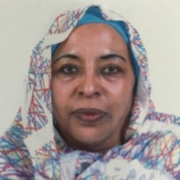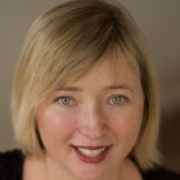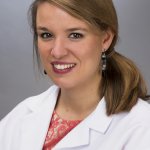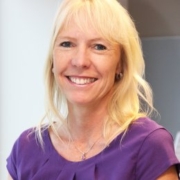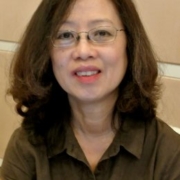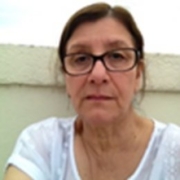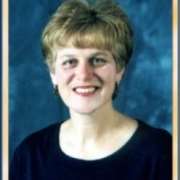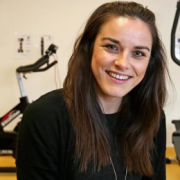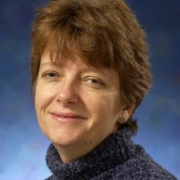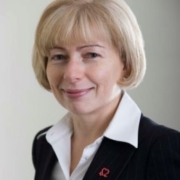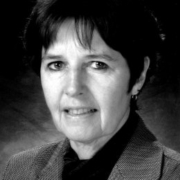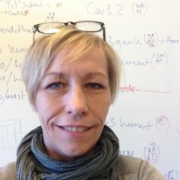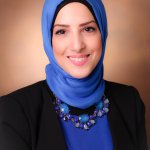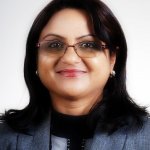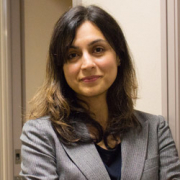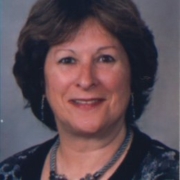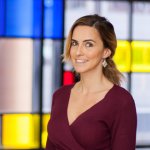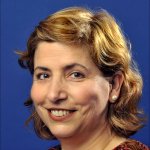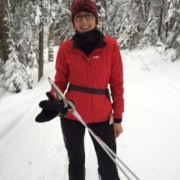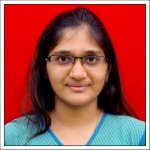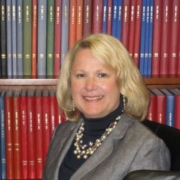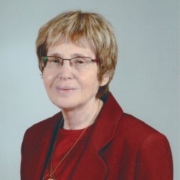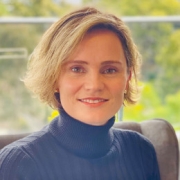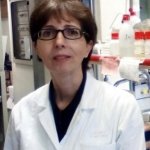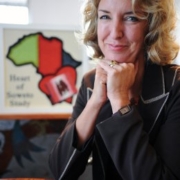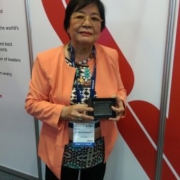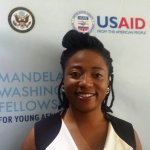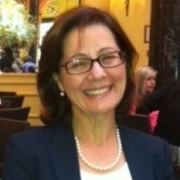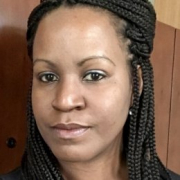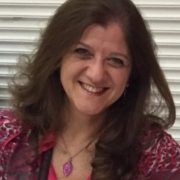What is your role at your work?
I am Director of the cardiology department at NCDC Libya, trainer at LBMS in family medicine, and a consultant in family medicine with an interest in cardiology at Al-Badri Polyclinic.
I lead a hypertension working group for the Libyan Cardiac Society, and I am a member of the prevention working group at the LCS and a member of the Libyan General Practice Society.
How did you get interested in your career path?
I love my job and consider it to be one of my hobbies. I continuously care about medical education, researching, reading, trying to keep up to date with scientific news, in particular relating to international guidelines, and being involved in activities in this regard such as workshops.
What are you most proud of in your career or otherwise?
Getting the trust of patients is of primary importance to me and I believe this makes me a more responsible health care provider. I am proud that I am giving all I can with love and feeling happy in my work.
I am proud to be working in disease prevention and control, with the aim of decreasing the suffering of patients. I enjoy providing health information, chairing groups, teaching people and younger doctors and participating in medical conferences and activities.
I was one of the contributors in the writing of the Libyan Approach of Management of Adult Hypertension Guidelines and participated in the 8th Libyan Cardiac Society (LCS) Congress as an organizing committee member and speaker. I was also engaged with the World Hypertension Day (WHD) Libyan activities.
What important career challenges have you faced and how did you overcome them?
- The challenge of being a mum, with a family who need my care and time, whilst having a job in which I need to read and spend lots of time learning. I overcame that by gaining the support of my family and my sisters and by learning to better manage my time.
- Limitations of learning resources. There is no electronic library in our hospital, and electricity supplies are poor.
- No clear programme to support the next generation of doctors from the hospital or support from the ministry of health.
- The resolution was by supporting each other and teamwork.
What advice would you give your younger self?
It is never too early or too late. You can succeed every time if you truly believe in your own capabilities.
Be sure to believe in yourself to convince others to believe in you.
Teamwork gives fantastic results. Alone you are a drop in the ocean.
Highlight your most significant research contributions and publications (3-5) – if relevant to you.
May Measurement Month 2018 – an analysis of blood pressure screening in Libya. European Heart Journal Supplements, Volume 22, Issue Supplement_H, August 2020, Pages H77-H79, https://doi.org/10.1093/eurheartj/suaa011
May Measurement Month global screening of hypertension 2018. EHJ Volume 40, issue 25, 1
July 2019 Page 2006-2017
May Measurement Month 2019. The Global blood Pressure Screening Campaign of the
International Society of Hypertension.
Clinical epidemiological characteristics of inpatients with Atrial Fibrillation Cardiology Medical Centre TMC.
An approach to adult hypertension management in primary health care centres – Libya 2019-2020 by LCS, NCDC, and the ministry of health.
Estimation of salt intake in Libyan population by 24 hours urine collection – research under study.
Have you had any significant career mentors? If yes, please provide further details.
My senior registrar Dr. Mohamed Milad has greatly supported me by sharing his experience in the management of patients. He has great empathy and has always been able to show in simple ways how to be confident, and how to trust ourselves as young non-expert doctors with no clear national guidelines in the best management of patients. He has given us scientific support, and support on how to be a good team member to enable better management of patients.
In addition, consultant Imhemed Sassi has supported me in doing research in atrial fibrillation, and Albahlol Grbanain from the Cardiology Department at Tripoli Medical Centre has taught me skills in CVD.
Omer Musalem, working in preventive cardiology at the Libyan Cardiac Society has given me the chance to explore my capacity to be involved in activities, and Hesham Ben Masoud in Family Medicine has taught me communication skills, and how to be an examiner in written and OSCE exams.
How can we support the next generation of women scientists?
- By offering equal participation in science for women and learning for all.
- Collecting information about their capacity, ideas and needs.
- Improving efficiency in implementing educational activities.
- Creating an environment for continuous learning by providing logistics and other needs, with free of charge internet access, scholarship, scientific and cultural exchanges.
- Offering mentors and instructors who speak the same language as the people they are supporting
